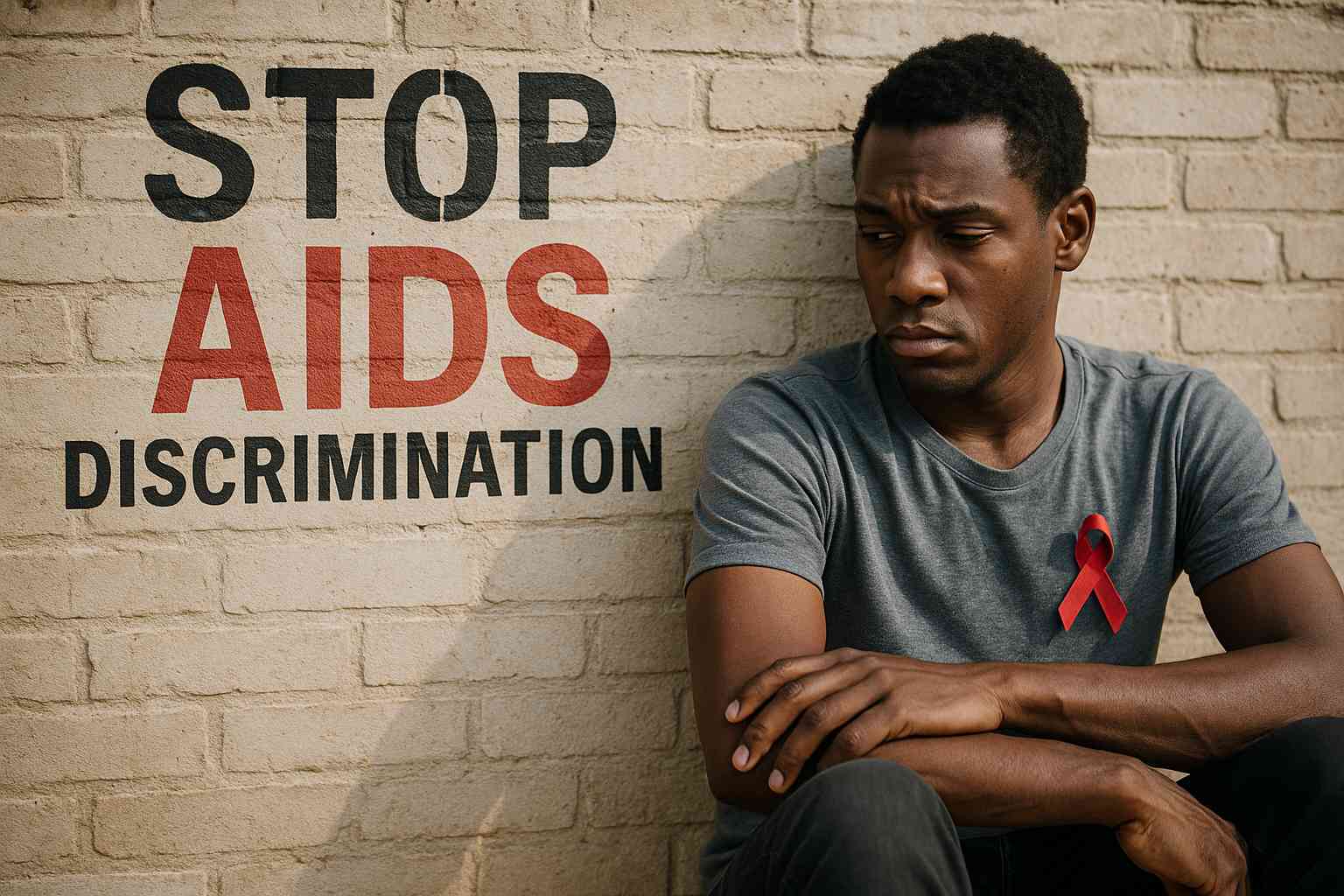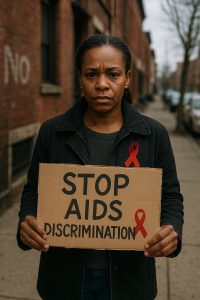Understanding AIDS Discrimination
AIDS discrimination refers to the unjust treatment of individuals based on their HIV status. This can manifest in various forms, including social exclusion, denial of services, and verbal or physical abuse. Such discrimination often stems from misinformation, fear, and societal stigma associated with HIV/AIDS.
Key populations, including LGBTQ+ individuals, sex workers, and people who inject drugs, are particularly vulnerable to discrimination. These groups often face compounded stigma due to intersecting identities and behaviors that society marginalizes.
The Impact of Stigma on Health and Well-being
Stigma and discrimination have profound effects on the health and well-being of people living with HIV/AIDS. They can lead to:
- Delayed Testing and Diagnosis: Fear of discrimination may deter individuals from seeking HIV testing, leading to late diagnoses and increased transmission rates.
- Barriers to Treatment: Stigmatized individuals might avoid or discontinue treatment due to negative experiences with healthcare providers.
- Mental Health Challenges: Experiencing discrimination can result in depression, anxiety, and feelings of isolation.
- Economic Hardship: Discrimination in employment can lead to job loss or difficulty finding work, exacerbating financial instability.
According to a survey by the Terrence Higgins Trust, 74% of people living with HIV have experienced stigma or discrimination due to their status.
Legal Protections Against Discrimination
In many countries, laws exist to protect individuals with HIV/AIDS from discrimination. In the United States, key legal protections include:
- Americans with Disabilities Act (ADA): Prohibits discrimination against individuals with disabilities, including those with HIV/AIDS, in employment, public accommodations, and other areas.
- Section 504 of the Rehabilitation Act: Forbids discrimination based on disability in programs receiving federal financial assistance.
- Affordable Care Act (ACA) Section 1557: Prohibits discrimination in health programs and activities receiving federal funding.
Despite these protections, enforcement can be inconsistent, and individuals may still face discrimination in various settings. It’s crucial for those affected to be aware of their rights and seek legal recourse when necessary.
Global Efforts to Combat Discrimination
International organizations and governments are working to address HIV/AIDS discrimination through various initiatives:
- UNAIDS Global AIDS Strategy: Aims to reduce stigma and discrimination as part of efforts to end the AIDS epidemic by 2030.
- Community-Led Monitoring: Programs like the People Living with HIV Stigma Index gather data on discrimination experiences to inform policy and advocacy.
- Legal Reforms: Some countries are revising or repealing laws that criminalize HIV transmission or exposure, recognizing that such laws can perpetuate stigma and hinder public health efforts.
However, challenges remain. For instance, a 2025 UNAIDS report highlights that high-risk groups are facing record levels of criminalization, with more countries enacting punitive laws targeting LGBTQ+ individuals and other marginalized populations.
How Individuals Can Make a Difference
Combating AIDS discrimination requires collective effort. Here are ways individuals can contribute:
- Educate Yourself and Others: Understanding HIV/AIDS and dispelling myths can reduce fear and stigma.
- Support Affected Individuals: Offer empathy and assistance to those living with HIV/AIDS, fostering inclusive communities.
- Advocate for Policy Change: Engage in advocacy to promote laws and policies that protect against discrimination and support public health.
- Challenge Stigmatizing Language and Behavior: Address discriminatory remarks or actions in your personal and professional circles.
Frequently Asked Questions
Q: Can I get HIV from casual contact?
A: No, HIV is not transmitted through casual contact such as hugging, shaking hands, or sharing dishes.
Q: Are there laws that protect people with HIV/AIDS from discrimination?
A: Yes, in many countries, including the U.S., laws like the ADA and ACA protect individuals from discrimination based on their HIV status.
Q: How can I support someone living with HIV/AIDS?
A: Offer nonjudgmental support, educate yourself about the condition, and advocate against stigma and discrimination in your community.
Q: What should I do if I experience discrimination due to my HIV status?
A: Document the incident, report it to relevant authorities or organizations, and seek legal advice to understand your rights and options.
This article was written with the assistance of AI and may contain errors. Please consult healthcare professionals or legal experts for personalized advice.





